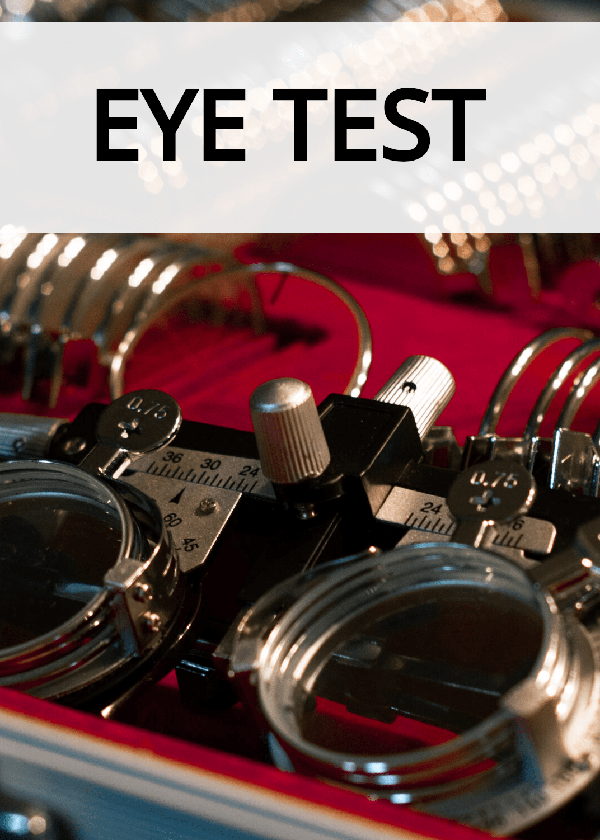Why Children's Eye Tests Matter
Eye tests for children are vital to ensure your child's eyes are healthy and free from vision problems that could interfere with school performance and safety.
Children often don't realize they have a vision problem because they assume everyone sees the same way they do. Regular exams catch issues early when treatment is most effective.
Essential Visual Skills for Learning
- Excellent visual acuity at all distances
- Accurate and comfortable eye teaming skills
- Accurate eye movement skills
- Accurate and comfortable focusing skills
